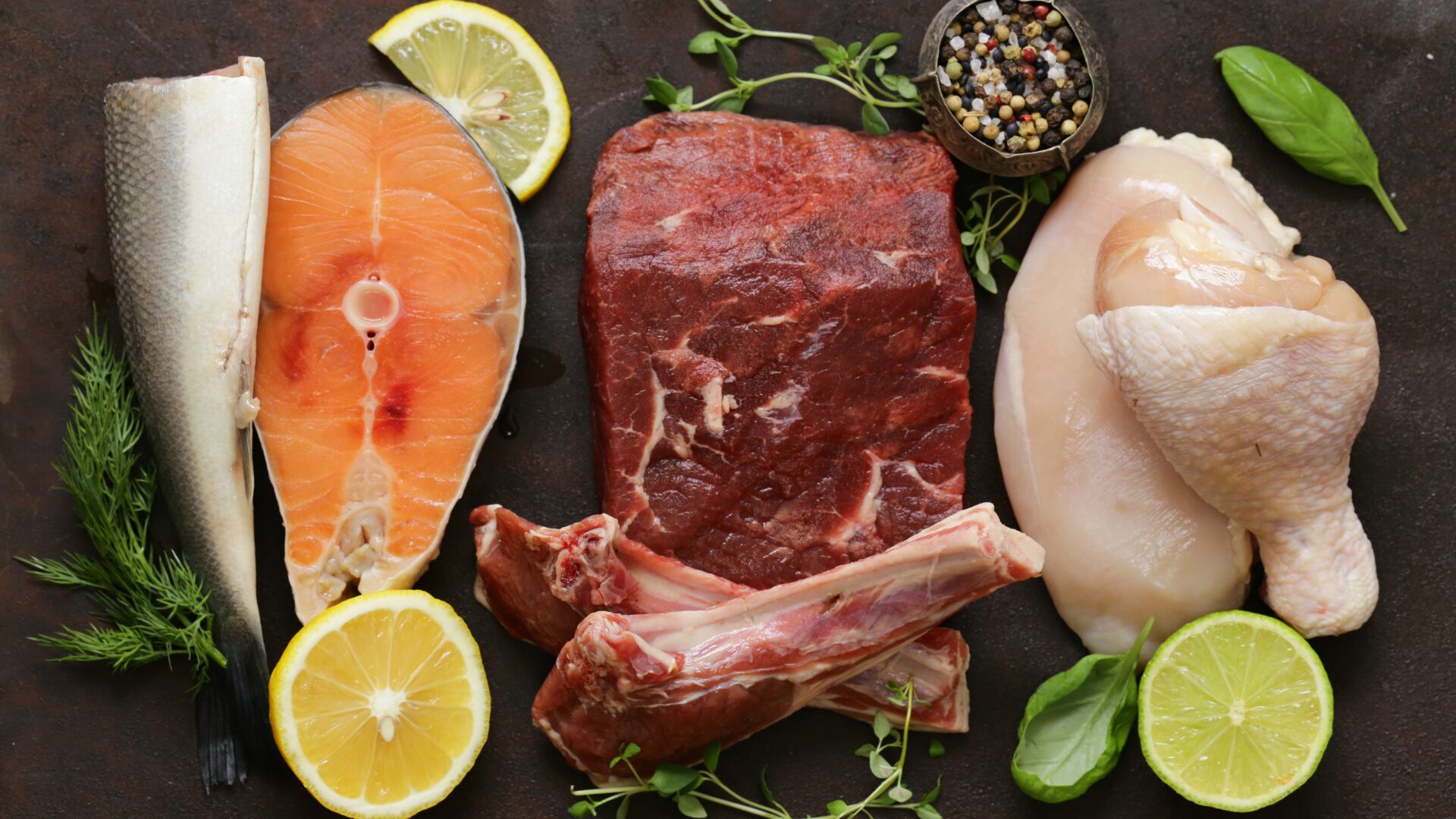Plant-based meat alternatives represent just a tiny fraction of the U.S. diet and sales have lagged as consumer enthusiasm waned over beef, pork and chicken substitutes.
Food-tech startup Black Sheep Foods is hoping to reignite interest with its lamb alternative.
In early December, the San Francisco company announced it had raised $18.05 million – $12.3 million in Series A funding – from sources that included Unovis, an early investor in Oatly and Beyond meat. The funds will help the company to scale up production and expand distribution to restaurants beyond California.
Consumption of plant-based meat alternatives represented just 1.4% of the total meat category and just 2.7% of retail packaged sales in 2021, the GFI reported. The market totaled $7.5 billion, compared to $897.5 billion for animal meats, with Americans eating only about 1 pound of lamb annually, USDA statistics show.
A study released by Deloitte indicated there’s a glut of processed plant-based meats on the market and concluded the market may be smaller than anticipated, Grocery Business reported.
“As an experienced vegetarian, I think plant-based lamb will not succeed in the overall market,” Sara Bachmann of Sarasveggiekitchen told The Food Institute. “There is a much smaller market of consumers to begin with that would be interested in lamb meat versus hamburger that’s currently being offered as plant-based products.”
Black Sheep CEO Sunny Kumar said in a press release the key to encouraging consumers to switch to plant-based meat alternatives is to provide the taste and texture of the real thing.
“Our debut lamb made from plants has more depth of flavor, richness and appetizing aromatics than other meats. … We’re in the business of giving consumers access to the most delicious meat variety, using plants instead of animals,” Kumar said.
Black Sheep has developed a patent-pending flavoring technology that it says isolates “the flavor molecules that give any animal meat its distinctive flavor, identif[ies] the same molecules in plants, and reconstruct[s] the depth of meat flavor – including mouthfeel and richness.”
Considering lamb isn’t a major component of the U.S. diet, Brittany Lubeck, nutritional consultant at Oh So Spotless, said consumers may be drawn to the novelty initially.
“Lamb offers a unique flavor that would be more enticing to many people than the standard chicken or beef meat alternative. And if a plant-based lamb alternative has a better nutrition profile than the real deal, that’s even better,” she told The Food Institute.
The bigger draw for some consumers might be from an environmental standpoint.
“Expanding distribution of plant-based lamb could have significant environmental benefits. Lamb typically has a large carbon footprint, similar to, or even larger than, beef, according to the U.N. Food and Agriculture Organization. Plant-based meats, on the other hand, all have a relatively low carbon footprint,” said Daniel Blaustein-Rejto, director of food and agriculture at The Breakthrough Institute.












